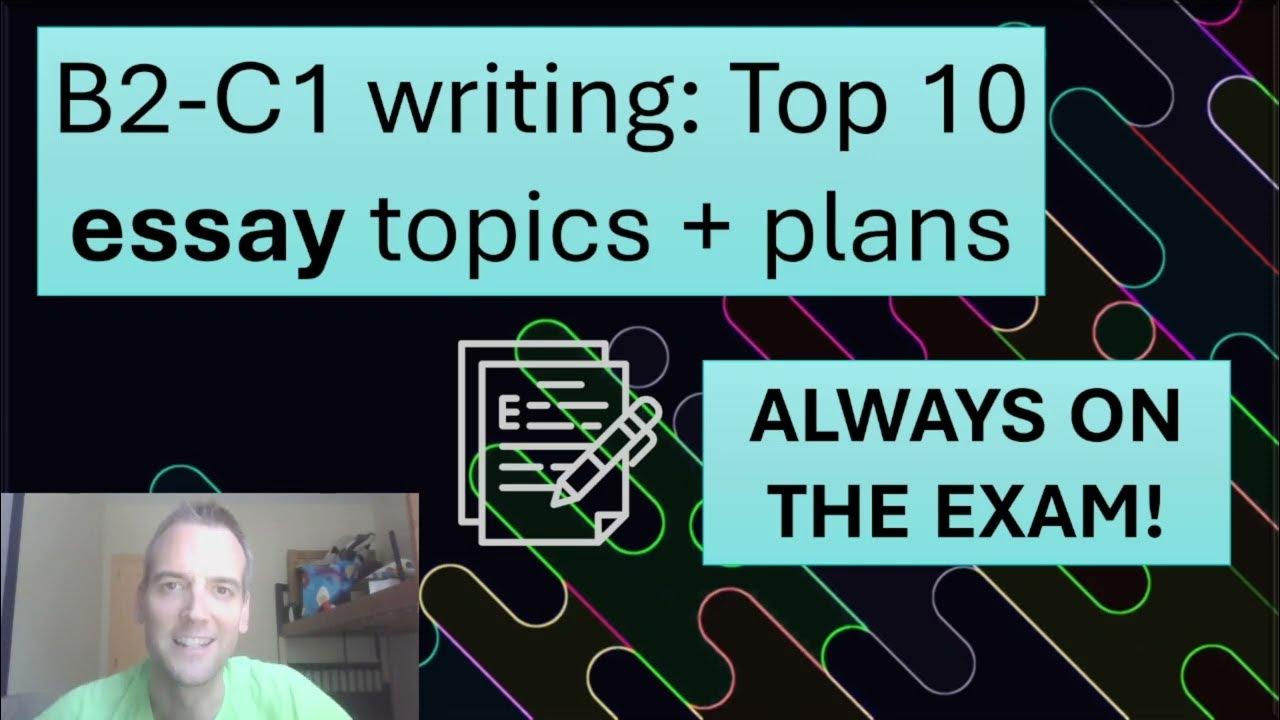I WISH / IF ONLY - wishes and regrets - Explicación con ejemplos fácil
Summary
TLDRThis video provides a detailed explanation of how to use the English structures 'wish' and 'if only,' which are frequently found in B2 and C1 exams. The tutorial covers expressing desires about the present with past simple, regrets about the past with past perfect, and hypothetical situations involving other people's behavior using 'would.' With a mix of grammar explanations and practical examples, the video helps learners understand and apply these structures correctly in everyday English. The session concludes with a series of practice exercises to ensure mastery of the topic.
Takeaways
- 😀 'Wish' and 'If only' are used to express desires about the present or past, similar to the Spanish 'ojalá'.
- 😀 'Wish' and 'If only' can be used interchangeably, with 'If only' being slightly more emphatic or dramatic.
- 😀 To express a desire about the present, use 'wish' or 'if only' followed by the past simple verb (e.g., 'I wish I saw my friend more often').
- 😀 To express regret or a desire about the past, use 'wish' or 'if only' followed by the past perfect (e.g., 'I wish I had studied more').
- 😀 When referring to a present annoyance caused by someone, use 'wish' or 'if only' with a verb in the infinitive form (e.g., 'I wish you wouldn’t yell so much').
- 😀 For present situations, 'wish' takes the past simple form to indicate that something is not as we would like it to be.
- 😀 For past situations, 'wish' uses the past perfect form to express regret over something that happened earlier.
- 😀 You can use 'wish' with 'were' (or 'was') to talk about hypothetical situations regarding 'to be' (e.g., 'I wish I were more productive').
- 😀 Negative forms of 'wish' or 'if only' can also be used to express desires for something to not have happened or to not be the case (e.g., 'I wish I hadn’t forgotten to call my grandmother').
- 😀 The video includes practice exercises that help reinforce the usage of 'wish' and 'if only' in different contexts, such as regrets and present desires.
Q & A
What is the main goal of the video?
-The main goal of the video is to explain and practice the use of the structures 'wish' and 'if only', which are frequently tested in official exams like B2 and C1, and are also very useful for everyday English.
What grammatical structure is explained in the video?
-The video explains the use of the structures 'wish' and 'if only', which are used to express desires about the present or the past.
How do you use 'wish' to express a desire about the present?
-To express a desire about the present, you use 'wish' followed by the subject and a verb in the past simple. For example, 'I wish I saw my friend more often.'
What is the difference between 'wish' and 'if only'?
-'Wish' and 'if only' have the same meaning, but 'if only' has a slightly more dramatic or emphatic tone. Both can be used interchangeably.
How do you express a regret about the past using 'wish' or 'if only'?
-To express regret about the past, you use 'wish' or 'if only' followed by the past perfect tense. For example, 'I wish I had studied more.'
Can 'wish' be used to express a negative desire about the past?
-Yes, 'wish' can be used to express a negative desire about the past. For example, 'I wish I hadn't forgotten to call my grandmother.'
What happens when someone is continuously annoying you in the present?
-When someone is continuously annoying you in the present, you can use 'wish' with a subject and 'would' + infinitive to express a desire for them to stop. For example, 'I wish my neighbor would stop shouting.'
What is the structure for using 'wish' to talk about the present with a state of being?
-To talk about the present with a state of being, use 'wish' followed by the subject and the verb 'to be' in the past tense. For example, 'I wish I were more productive.'
How do you express a desire about a situation that is still ongoing, like an annoying habit?
-To express a desire about an ongoing situation, you use 'wish' followed by the subject and 'would' + verb in the infinitive form. For example, 'I wish my sister wouldn't take my clothes without permission.'
What tense is used after 'wish' when expressing regret about something that happened in the past?
-When expressing regret about something that happened in the past, 'wish' is followed by the past perfect tense. For example, 'I wish I had gone to the concert.'
Outlines

Cette section est réservée aux utilisateurs payants. Améliorez votre compte pour accéder à cette section.
Améliorer maintenantMindmap

Cette section est réservée aux utilisateurs payants. Améliorez votre compte pour accéder à cette section.
Améliorer maintenantKeywords

Cette section est réservée aux utilisateurs payants. Améliorez votre compte pour accéder à cette section.
Améliorer maintenantHighlights

Cette section est réservée aux utilisateurs payants. Améliorez votre compte pour accéder à cette section.
Améliorer maintenantTranscripts

Cette section est réservée aux utilisateurs payants. Améliorez votre compte pour accéder à cette section.
Améliorer maintenant5.0 / 5 (0 votes)






